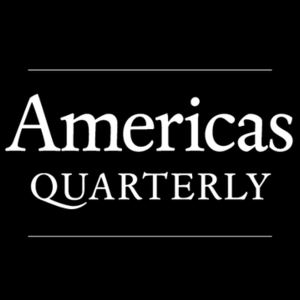BY OLIVER STUENKEL | FEBRUARY 27, 2019
Nearing the midpoint of his presidency, Lenín Moreno is overseeing a soft landing after the excesses of his predecessor.
Last week, nearing the completion of his second year as Ecuador’s president, Lenín Moreno used the announcement of a $4.2 billion IMF deal (in addition to a $6 billion package from multilateral lenders, including the World Bank) to proudly emphasize what he considered the greatest achievement of his presidency to date: “Thanks to the firm decisions I have made, we are not what Venezuela is today … We have recovered democracy,” Moreno said in a televised address.
Even critical observers are unlikely to contest his assertion. Moreno will rightly be remembered – and lauded – for having reverted the authoritarian turn led by Rafael Correa, his predecessor. Despite important progress in reducing poverty and stabilizing politics after years of turbulence, Correa ultimately overreached and ended up undermining Ecuador’s democracy.
A key moment of Moreno’s presidency thus far occurred exactly a year ago, when Ecuadoreans voted to reinstate a law that limits presidents to two terms, after Correa had abolished presidential term limits in 2015. Their decision made a Venezuelan, Nicaraguan or Bolivian scenario less likely. Under Moreno, pressure on NGOs, newspapers and academic institutions has diminished; he has also discontinued Correa’s habit of meddling in the judiciary.
In the same way, Moreno’s fight against corruption – symbolized by a long prison sentence for his former vice president (and Correa ally) Jorge Glas for “illicit association with Odebrecht” – is largely seen positively by Ecuadoreans. Abroad, Moreno is often named as an example of how to heal the scars in a country after the polarization that usually accompanies populist governments.
And yet, during a recent visit to Ecuador, very few of the people I spoke to expressed their whole-hearted support for Moreno. While his moderation and concrete steps to strengthen institutions earned him recognition in his first year as president – in late 2017,..










